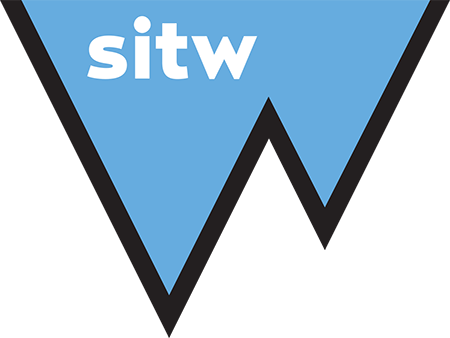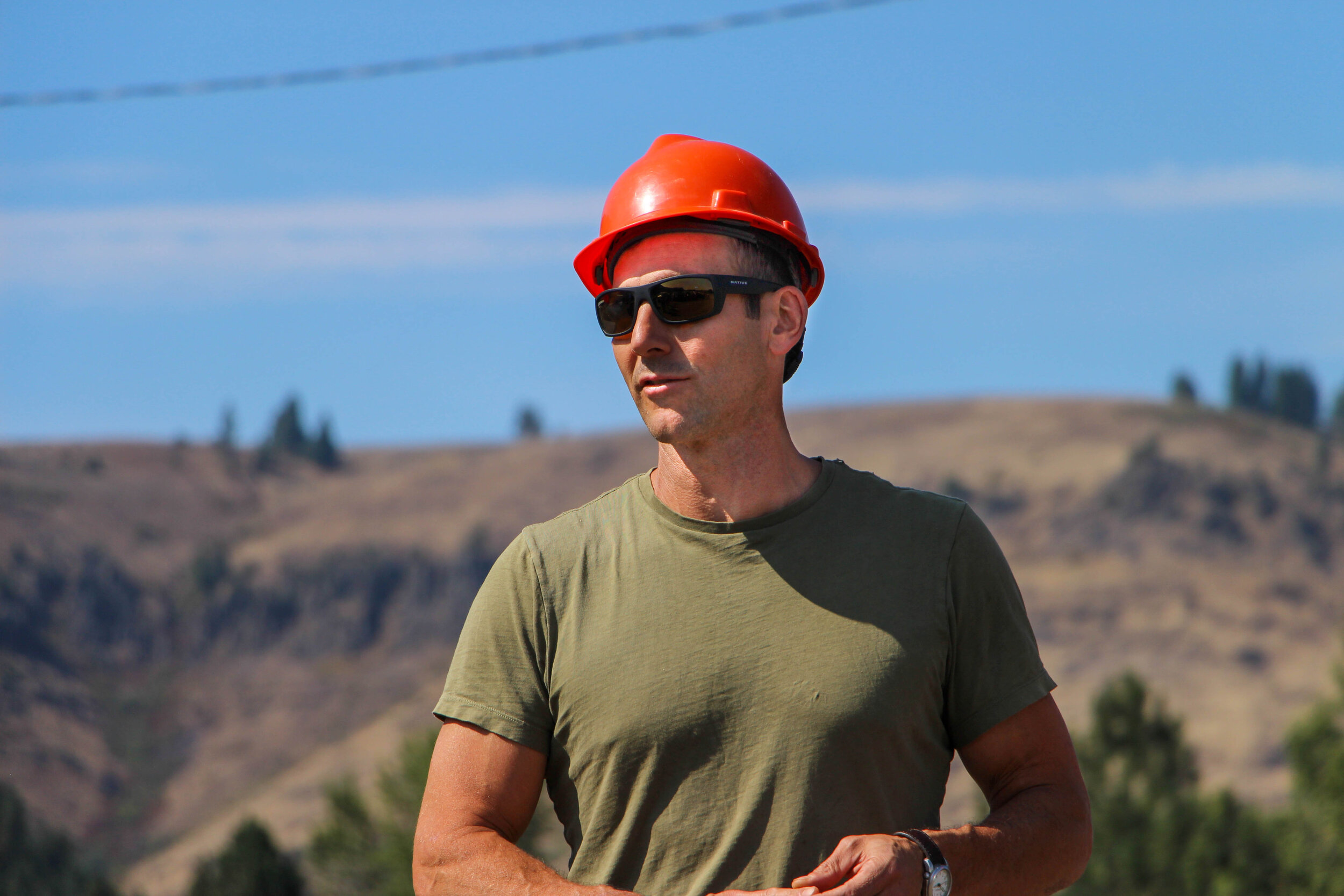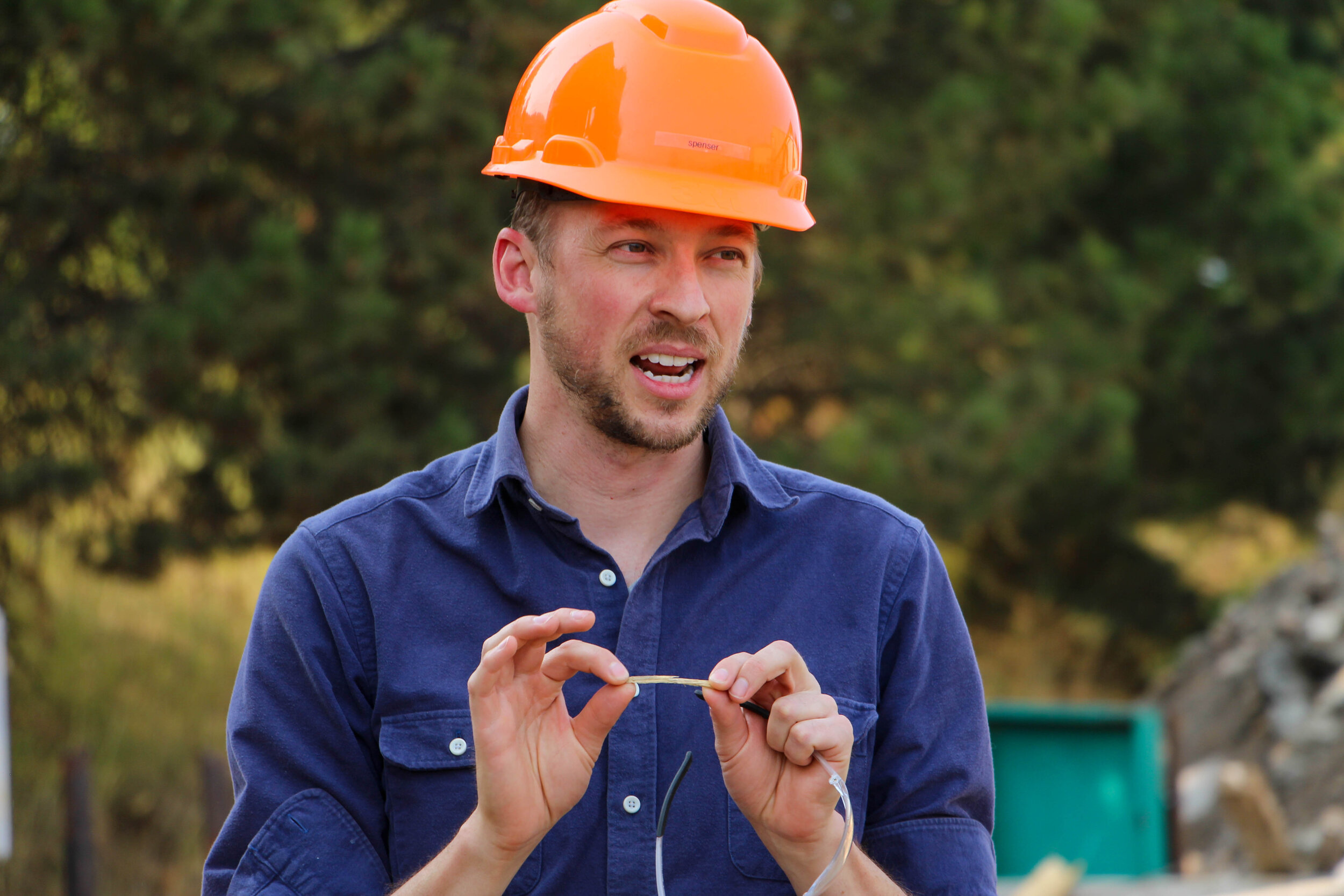David Schmidt and Spenser Shadle
CEO, CFO Heartwood Biomass
Wallowa, OR
8/24/21
David Schmidt and Spenser Shadle are two affable entrepreneurs whose timber mill, Heartwood Biomass, is redefining the timber industry by building a web of symbiotic relationships between environmental, community, and economic interests.
In Wallowa County, fire suppression over the past century has led to unnaturally dense forests susceptible to catastrophic wildfires. Thinning of small diameter trees is widely accepted as a necessary fire mitigation practice. Unfortunately, standard timber mills are designed to process old-growth trees and thus are mechanically and financially unable to take on forest restoration projects.
By processing small diameter trees from fire suppression projects into poles, firewood, and woodchips, Heartwood Biomass creates a niche market for sustainable forest management. While showing Semester in the West around the mill, David charismatically proclaimed, “I see humans as part of the landscape.” This sentiment guides David and Spenser’s philosophy of creating economic opportunity to incentivize healthy landscapes. They hope the mill will help move the community away from an extraction-based economy and toward one that promotes the stewardship of both natural resources and local jobs.
By Josh Matz



